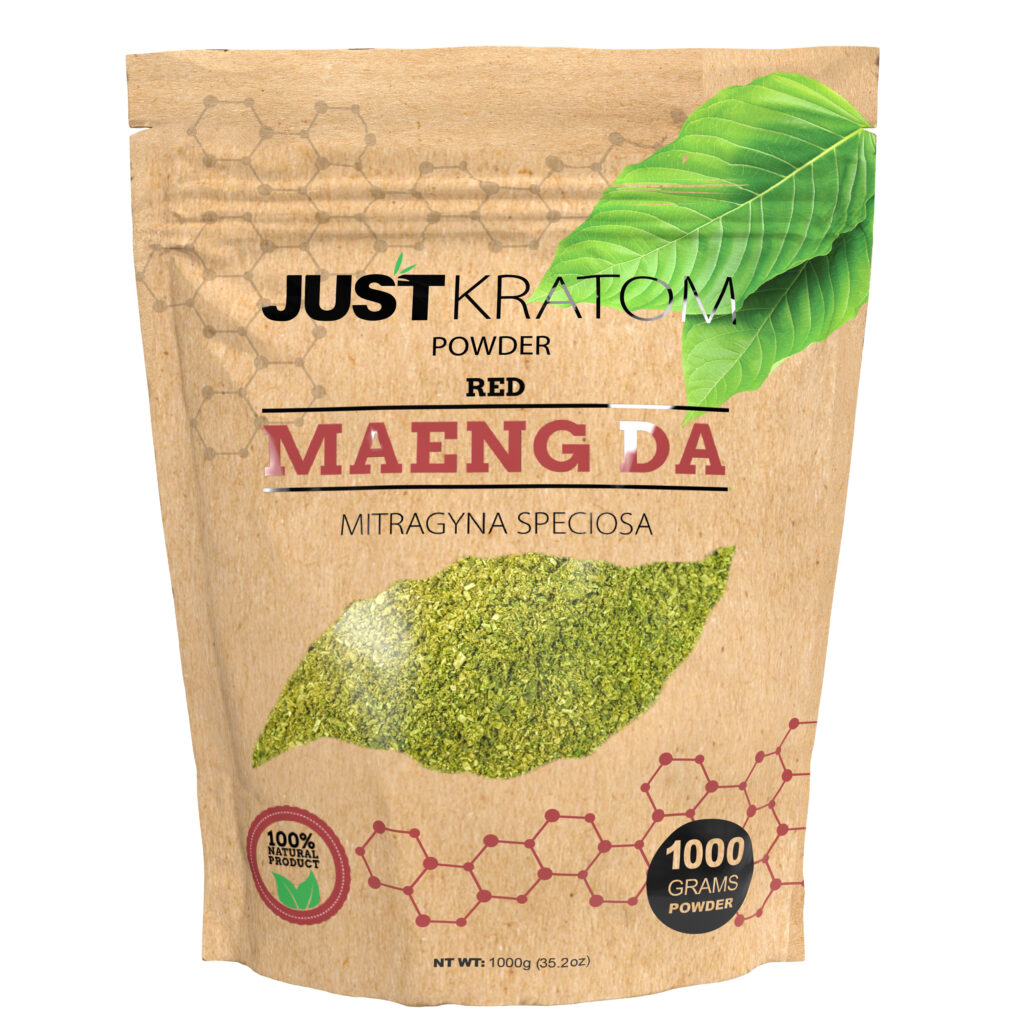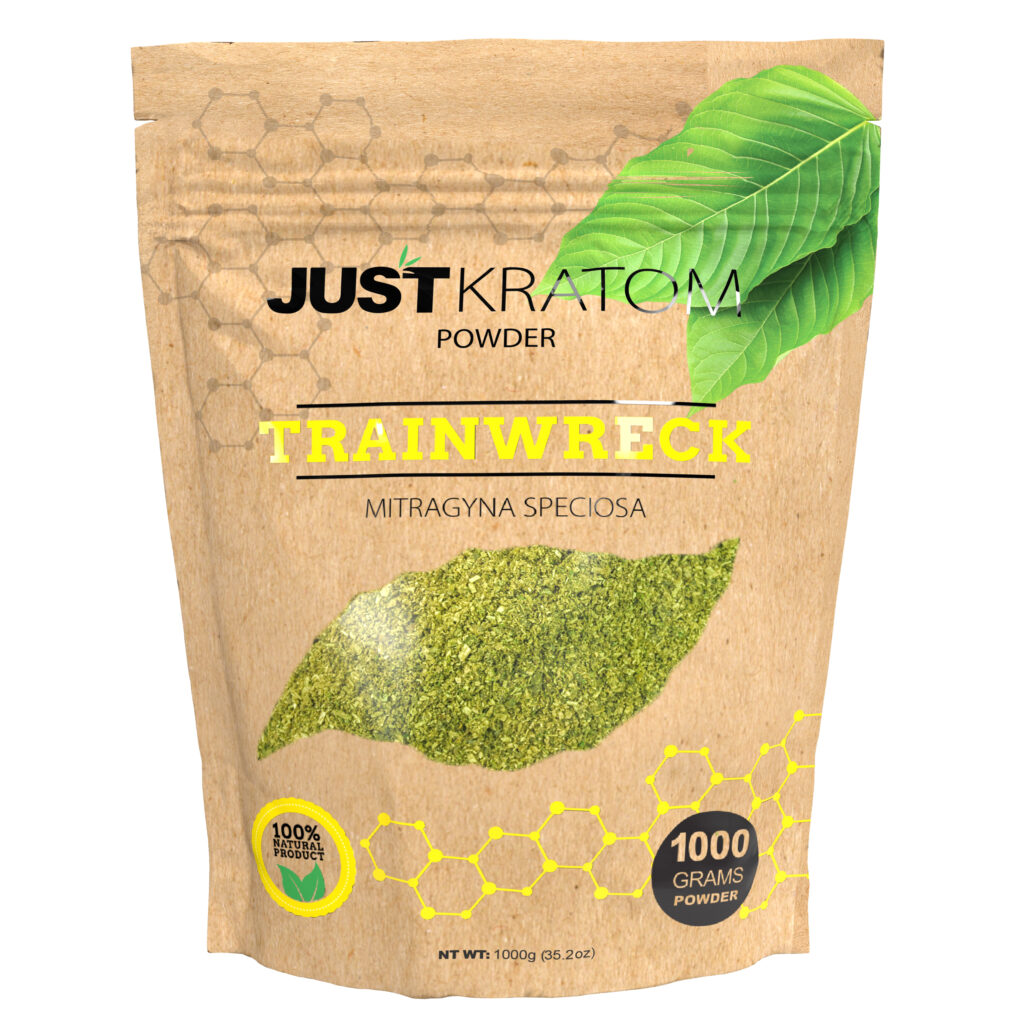How Kratom Powder Impacts Cognitive Function
Kratom, a botanical native to Southeast Asia, has gained increasing attention for its potential cognitive-enhancing effects. Derived from the Mitragyna speciosa tree, kratom contains alkaloids that interact with opioid receptors in the brain. This interaction may influence various cognitive functions, including focus, alertness, and motivation, making it an intriguing subject for exploring potential benefits in workplace productivity.
Enhanced Focus and Concentration
Kratom’s impact on cognitive function is complex and multifaceted. Some users report experiencing enhanced focus and concentration after consuming kratom powder. This effect may be attributed to the alkaloids mitragynine and 7-hydroxymitragynine, which are believed to modulate dopamine and acetylcholine levels in the brain. These neurotransmitters play crucial roles in attention, learning, and memory.
However, it’s important to note that research on kratom’s cognitive effects is still limited and often contradictory. Some studies suggest potential benefits for improving focus and mental clarity, while others indicate possible negative impacts on cognitive performance, particularly at higher doses.
The individual response to kratom can also vary widely depending on factors such as dosage, frequency of use, metabolism, and personal tolerance. More research is needed to fully understand the long-term effects of kratom on cognitive function and to establish safe and effective usage guidelines for workplace settings.
Improved Alertness and Wakefulness
Kratom’s potential to improve focus and alertness stems from its interaction with opioid receptors in the brain. This interaction may lead to increased dopamine and acetylcholine levels, neurotransmitters essential for attention, learning, and memory.
Some users report enhanced concentration and mental clarity after consuming kratom powder. However, research on kratom’s cognitive effects is still limited and often produces conflicting results. Some studies suggest potential benefits, while others indicate possible negative impacts on cognitive performance, especially at higher doses.
The individual response to kratom can vary greatly depending on factors like dosage, frequency of use, metabolism, and personal tolerance. Further research is crucial to fully understand the long-term effects of kratom on cognitive function and to determine safe and effective usage guidelines for workplace settings.
Mechanisms Behind Kratom’s Cognitive Effects
Kratom, a botanical derived from the Mitragyna speciosa tree, has garnered attention for its potential cognitive-enhancing properties. Its alkaloids interact with opioid receptors in the brain, influencing various cognitive functions such as focus, alertness, and motivation. This makes kratom a subject of interest when exploring potential benefits for workplace productivity.
Stimulation of Opioid Receptors
Kratom’s cognitive effects are thought to be mediated through its interaction with opioid receptors in the brain. Mitragynine and 7-hydroxymitragynine, two primary alkaloids found in kratom, are believed to bind to these receptors, leading to a cascade of effects that influence neurotransmitter activity.
These neurotransmitters play key roles in cognitive processes such as attention, learning, and motivation. By modulating the levels of dopamine and acetylcholine, kratom may contribute to improved focus and alertness in some individuals.
Interaction with Adenosine Receptors
Kratom’s influence on cognitive function is partially attributed to its interaction with adenosine receptors in the brain. Adenosine is a neurotransmitter that promotes sleep and relaxation. By binding to adenosine receptors, kratom can block adenosine from exerting its effects, leading to increased wakefulness and alertness.
This mechanism may contribute to the reported feelings of focus and enhanced cognitive performance experienced by some kratom users. However, it’s important to note that research on kratom’s interactions with adenosine receptors is still ongoing, and further studies are needed to fully understand the complexities of this relationship.
Practical Applications for Workplace Productivity
In today’s fast-paced work environment, optimizing productivity is paramount. Workers constantly seek methods to enhance focus, manage stress, and boost overall performance. Kratom, an herbal supplement derived from the Mitragyna speciosa tree, has emerged as a potential tool for improving workplace productivity.
Boosting Creativity and Problem-Solving
Kratom’s potential benefits for workplace productivity stem from its ability to enhance focus, alertness, and motivation. Some individuals report experiencing increased concentration and mental clarity after consuming kratom powder, which could lead to improved task performance and efficiency.
By mitigating fatigue and promoting wakefulness, kratom might help workers stay focused throughout the workday, reducing errors and improving overall output. Furthermore, kratom’s potential to reduce stress and anxiety could create a more positive and productive work environment.
However, it is crucial to acknowledge that research on kratom’s effects is ongoing and inconclusive. More studies are needed to determine the long-term effects of kratom use on cognitive function and its potential risks and benefits in a workplace setting.
Reducing Mental Fatigue During Long Workdays

In today’s demanding work environments, maintaining focus and productivity throughout long workdays can be challenging. Mental fatigue can significantly impact performance, leading to decreased accuracy, slower response times, and reduced creativity.
Implementing strategies to mitigate mental fatigue is crucial for optimizing workplace productivity. One potential approach involves incorporating short breaks throughout the workday to allow for rest and rejuvenation. Taking brief moments to step away from tasks can help clear the mind and prevent burnout.
Another effective strategy is prioritizing sleep hygiene. Getting adequate sleep is essential for cognitive function and mental well-being. Aiming for 7-8 hours of quality sleep per night can improve focus, alertness, and overall productivity during work hours.
Staying hydrated throughout the day is also important. Dehydration can lead to fatigue, headaches, and difficulty concentrating. Regularly drinking water helps maintain optimal cognitive function.
Engaging in regular physical activity can boost energy levels and improve mental clarity. Even short exercise breaks can make a difference in combating mental fatigue.

Additionally, creating a supportive and ergonomic work environment is essential. Ensuring proper lighting, comfortable seating, and an organized workspace can contribute to a more focused and productive work experience.
Managing Stress and Enhancing Mood
Kratom’s potential to improve focus and alertness stems from its interaction with opioid receptors in the brain. This interaction may lead to increased dopamine and acetylcholine levels, neurotransmitters essential for attention, learning, and memory.
Some users report enhanced concentration and mental clarity after consuming kratom powder. However, research on kratom’s cognitive effects is still limited and often produces conflicting results. Some studies suggest potential benefits, while others indicate possible negative impacts on cognitive performance, especially at higher doses.
The individual response to kratom can vary greatly depending on factors like dosage, frequency of use, metabolism, and personal tolerance. Further research is crucial to fully understand the long-term effects of kratom on cognitive function and to determine safe and effective usage guidelines for workplace settings.
Safety Considerations and Responsible Use
While Kratom shows promise as a potential cognitive enhancer, it’s crucial to approach its use with caution and prioritize safety. Users should be aware that Kratom can have varying effects depending on dosage, individual tolerance, and other factors. It’s important to start with low doses and gradually increase as needed while closely monitoring for any adverse reactions.
Consulting with a healthcare professional before using Kratom is highly recommended, especially if you have pre-existing medical conditions or are taking other medications. It’s also essential to be aware of legal regulations surrounding Kratom use in your region.
Dosage Guidelines
Safety Considerations and Responsible Use: Kratom should be approached with caution due to its potential for side effects and interactions with other substances. It is crucial to consult a healthcare professional before using kratom, especially if you have pre-existing medical conditions or are taking medications. Start with low doses and gradually increase as needed while monitoring for any adverse reactions.
Dosage Guidelines: There are no established standardized dosages for kratom as individual responses can vary widely. It is essential to start with a small amount (1-2 grams) and observe its effects carefully. Gradually increase the dosage as needed, staying within a safe range. It is advisable to avoid exceeding 5-8 grams per day.
Potential Side Effects and Interactions
Safety Considerations and Responsible Use: Kratom should be approached with caution due to its potential for side effects and interactions with other substances. It is crucial to consult a healthcare professional before using kratom, especially if you have pre-existing medical conditions or are taking medications. Start with low doses and gradually increase as needed while monitoring for any adverse reactions.
Potential Side Effects: Kratom can cause side effects such as nausea, vomiting, diarrhea, constipation, dizziness, headaches, insomnia, and anxiety. Some individuals may also experience mood changes, increased heart rate, or sweating. It is important to be aware of these potential effects and discontinue use if they become bothersome or severe.
Interactions: Kratom can interact with certain medications, including opioid painkillers, antidepressants, and stimulants. These interactions may lead to adverse effects or reduce the effectiveness of the medications. It is essential to inform your healthcare provider about all medications and supplements you are taking before using kratom.
Legal Status and Regulations
Safety Considerations and Responsible Use: Kratom should be approached with caution due to its potential for side effects and interactions with other substances. It is crucial to consult a healthcare professional before using kratom, especially if you have pre-existing medical conditions or are taking medications. Start with low doses and gradually increase as needed while monitoring for any adverse reactions.
Legal Status and Regulations: The legal status of kratom varies widely around the world. In some countries, it is legal and available over the counter, while in others it is banned or restricted. It is important to be aware of the laws in your specific location before using kratom.
Shop the finest Kratom Powder products
- Tear Trough Filler – Under Eye Filler Near Littleton, Surrey - May 22, 2025
- Jaw Fillers For A Defined Jawline Near East Clandon, Surrey - May 22, 2025
- NCTF 135 HA Near Pirbright, Surrey - May 22, 2025

